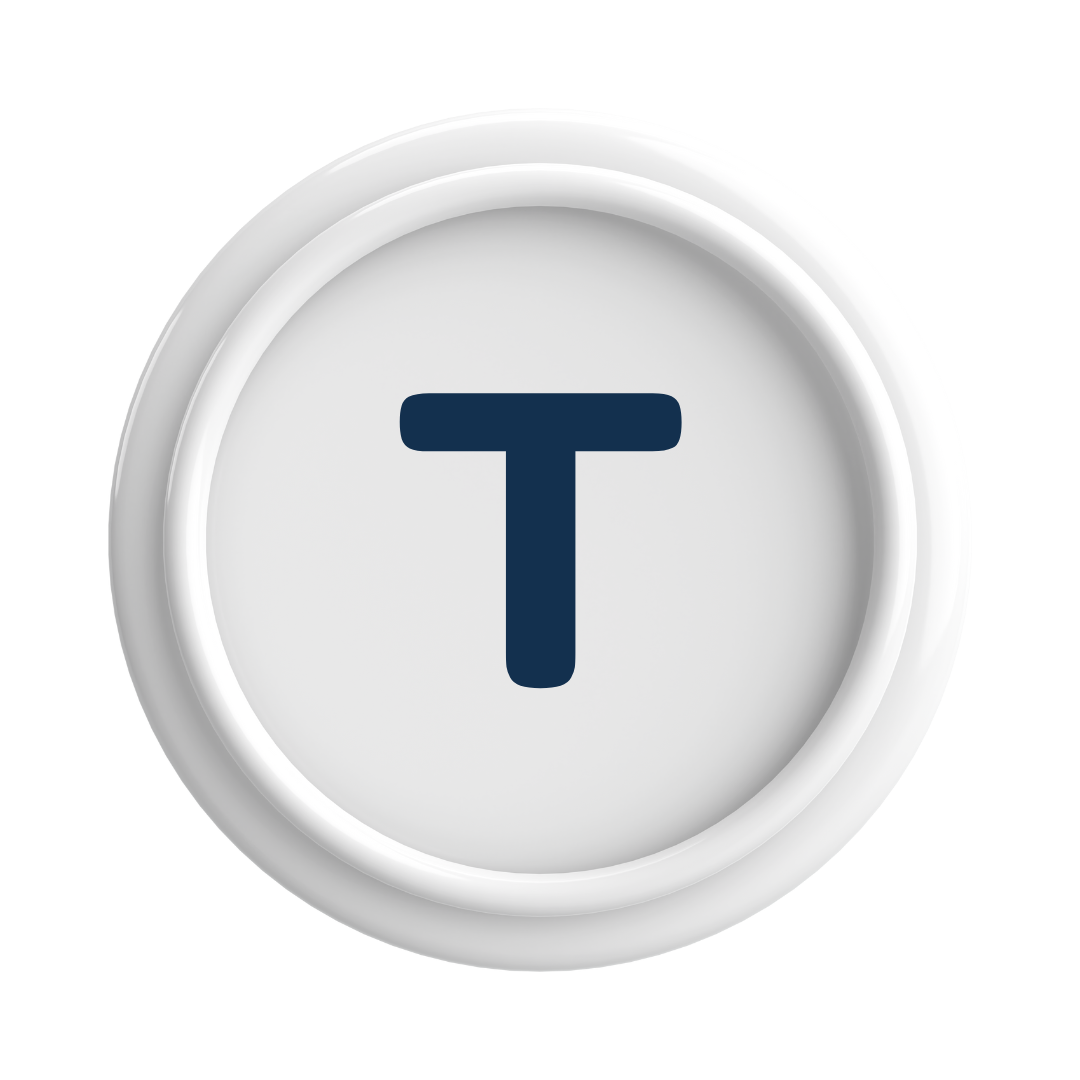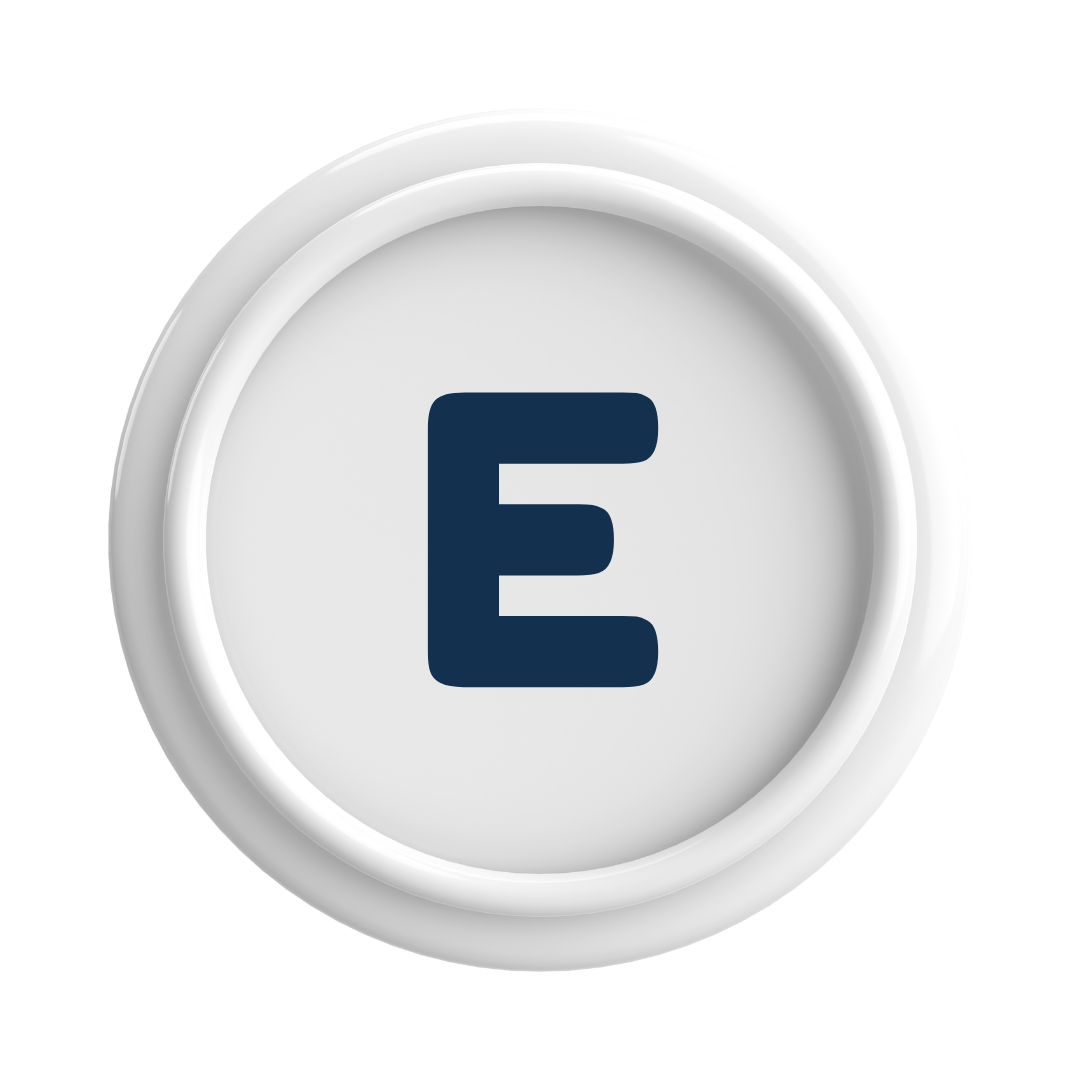IB MYP Tutor in Sydney
The Great Down Under but the grades STAY UP
Request Free Trial Class
Our Placements

Giulia
Oxford University

Ananjan
Imperial College

Meghana
Cornell University

Abhita
Toronto University

Vishaal
Toronto University

Adaa
Toronto University

Tanisha
Kelly Business School

Venya
Kelly Business School

Mauli
British Columbia Uni

Arjun
British Columbia Uni
Our Achievements

Rushil
45/45

Tanisha
43/45

Ishaan
43/45

Vani
42/45

Ananjan
42/45

Eshaan
42/45

Madhav
42/45

Vishaal
43/45

Kartik
41/45

Sahaat
41/45
Why TYCHR?
We’re the best in the business and here’s why

Why TYCHR?
We’re the best in the business and here’s why

our 2024 results

Choose TYCHR for unparalleled expertise and personalized support, setting us apart as your premier educational partner.


45/45

43/45

43/45

43/45

42/45

WHAT DOES IBMYP Sydney ENTAIL?
Secure your child’s future at Tychr.
At TYCHR, we advocate for the IB MYP curriculum, recognizing the importance of nurturing well-rounded students. Our expertise lies in personalized tutoring, addressing each student’s unique needs and guiding them to become their best selves. From subject-specific assistance and assessment criteria handling to project planning. Join us for tailored IB MYP online tutoring in Sydney, Australia.
Strengthen your S-T-E-M with us!
Our team of tutors is profesional yet has creative ways of teaching, together the tutor and student can create a whole customized way of learning.

- Students from top international schools like St Andrew's Cathedral School and St Paul's Grammar School in TYCHR's enriching courses
- At Tychr, our team helps our students who are all the way from Sydney, Australia with all their IB-MYP needs such as major project planning, community projects all the way to individiual doubt clearing sessions for each subjects.
- TYCHR is committed to excellence in Sydney's youth education scene with Community Projects, ensuring well-rounded student success.
Our Proven T.E.S.T. Methodology
Like all our online tuition, IBMYP Tutors In Sydney follows our proven T.E.S.T. Methodology. For the IBMYP Tutors In Sydney, this Means:

Theoretical Framework
In the International Baccalaureate Diploma Programme (IBDP), students participate in a challenging academic experience led by experienced IBDP educators. These educators provide individualised instruction in small group settings, with a maximum of five students per session. Participants have access to a wide range of high-quality educational resources covering various subjects.

Explanatory Videos
After learning the basics, students are shown a specific collection of instructional videos. These videos are meant to help them master the foundational concepts and understand the curriculum better.

Strengthening Concepts
Students reinforce their understanding through specific assignments and receive personalized mentorship to address any questions. Tychr facilitates collaborative brainstorming sessions with educators and students worldwide to support learners in their Extended Essay and Theory of Knowledge (TOK) projects.

Time-Bound Test Series
As part of the learning process, students are given timed assessments that simulate actual exams. They will receive evaluated answer scripts and a detailed key for each test. Tychr's analytical feedback provides a comparative performance metric, allowing students to see how they rank among their international peers.
Request Free Trial Class
- TYCHR simplifies the MYP, aligning diverse assessments with diverse learning styles with a simplistic approach.
- Navigating MYP's nuances, TYCHR provides clear guidance through a holistic approach through E-assessment criterias.
- TYCHR supports students in MYP transition, easing challenges tied to new expectations and skills.
How It Works?
Follow the well-grounded 6 step process to uncontested success


Wonder if you're making the right choice?

Optimized Learning Paths
TYCHR tailors IB online tutoring to individual commitments in Sydney, optimizing learning paths for each student's schedule.

IB-MYP Mastery with Category 1 and 2 Teachers
TYCHR efficiently coaches IB students in Sydney, deploying Category 1 and 2 level teachers for targeted excellence.

Precision of Category 3 tutors
Recognizing diverse learning styles in Sydney, TYCHR employs Category 3 level teachers for special one-to-one sessions, ensuring precise comprehension.

Efficient Middle Years Learning
TYCHR's IB online tutoring program in the Middle Years facilitates efficient knowledge transfer, blending expertise, engagement, and effective communication.

Flexible Tutoring
Accommodating Sydney's lifestyle, TYCHR's IB online tutoring ensures accessibility and convenience with flexible schedules.

Global Coaching Excellence
Utilizing diverse tools, TYCHR efficiently coaches IB students globally, transcending geographical constraints.
Frequently Asked Questions (FAQs)
Students frequently asked questions
The International Baccalaureate Organization (IBO) was founded in 1968 in Geneva, Switzerland. It is a non-profit organization.
The three IB programs are:
PYP – Primary Years Program for 3-12 years old (Kindergarten to Class 5)
MYP – Middle Years Program for 11-16 years old (Class 6 to Class 10)
DP – Diploma Program for 16-19 years old (Class 11 and Class 12)
Each IB subject is assessed on a scale of 1 – 7 with a score of 4 considered a “passing grade”. The core components make upto 3 points of the final grade. The maximum score is 45.
The IBDP is a two year long rigorous programmed that tests and develops various abilities and skills. It allows for personal growth, academic development and critical thinking. The IBDP improves international awareness, organization skills, creativity and much more. The board is also internationally recognized, thus opening up a multitude of opportunities.
Maths Analysis & Approaches is one of the most challenging IB subjects, requiring a strong foundation in mathematical concepts and the ability to think critically and analytically.
In the US, certain universities do provide credit for certain subjects depending on how relevant they are to your course. However, this depends on each university.
After the IB, most students pursue higher education. As the IB is globally recognized, it gives students an upper hand when applying to colleges, given that the student has performed well. Alternative to higher education, students may also engage in tutoring other IB students, take a gap year, pursue a hobby and discover their interests. It is upto each student to decide what they want to do after they complete the IB.
The IBDP (International Baccalaureate Diploma Programme) is a rigorous two-year programme for students aged 16-19 years.
There are three core elements and six subject groups in the IBDP curriculum.
Group 1: Studies in Language and Literature
Group 2: Language Acquisition – Second Language
Group 3: Individuals and Societies
Group 4: Sciences
Group 5: Mathematics
Group 6: Arts
Additionally, IBDP also includes the CAS (Creativity, Action and Service) programme, TOK (Theory of Knowledge) and EE (Extended Essay).
The core components in the IBDP include CAS (Creativity, Action and Service), TOK (Theory of Knowledge) and EE (Extended Essay). This adds upto 3 points in your final grade.
Students can take the admission exam for undergraduate because the IB Diploma Program is recognized by all Indian colleges. Because most entrance exams are held in April/May, and the IB exams are also held in May, students must balance their preparation for the entrance exams with the May IB Diploma Programme examinations.




